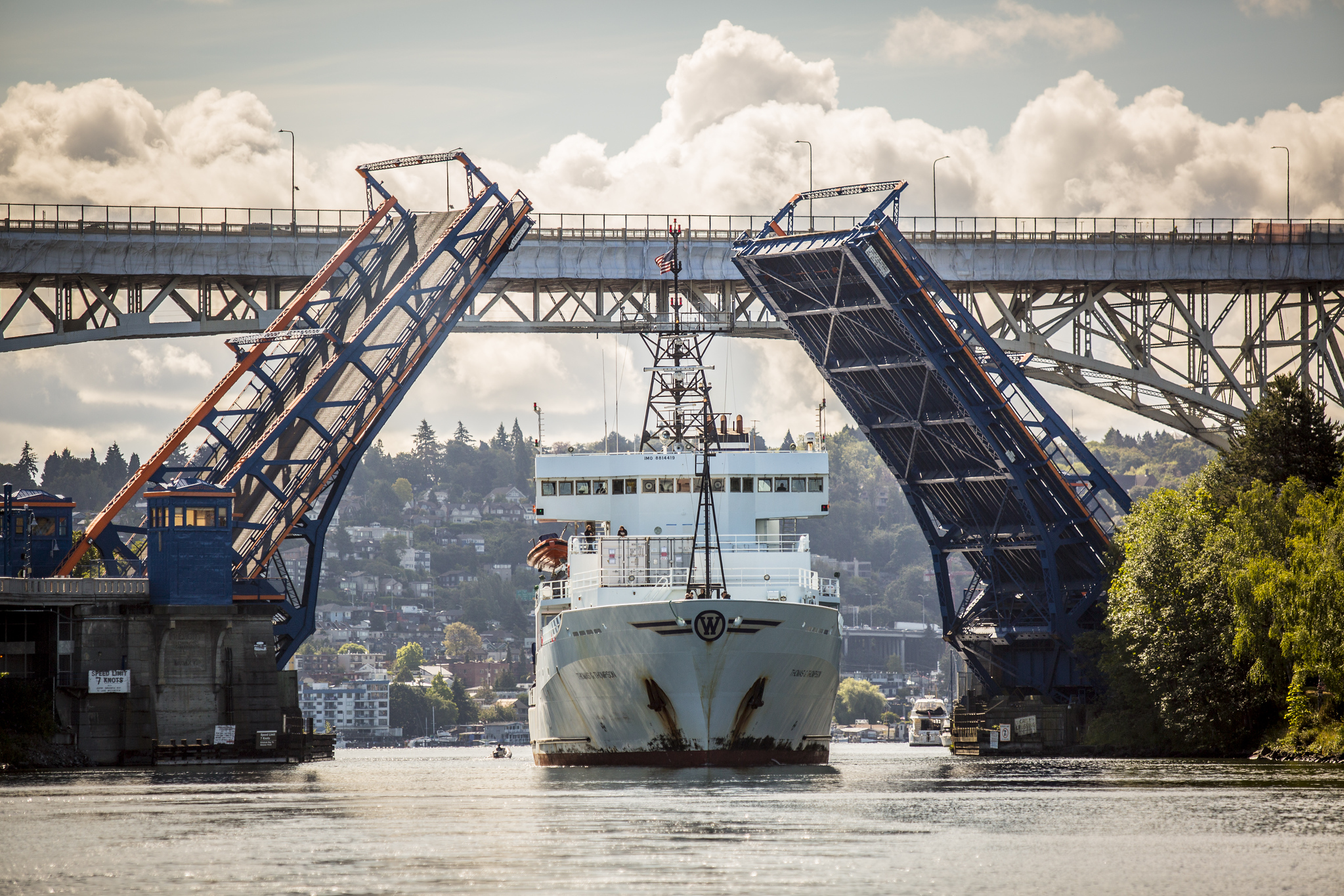
This pathway is a strong fit for students who:
- Are intrigued by the dynamics of city life and how technology can enhance urban living.
- Are passionate about sustainable developments and the intersections of urban planning and technology.
- Dream of designing intelligent transportation systems to reduce climate change impacts, manage congestion, and provide mobility and accessibility to all.
- Are interested in the supply-chain, and how commodities, products, medicine and people can be efficiently and sustainably transported from where they are produced to customers.
- See themselves as agents of change in a more connected, accessible and sustainable world.
Example Occupations and Common Fields
Example occupations:
- Traffic Engineers
- Transportation Planners
- Transportation Systems Engineer
- Urban Planners
- Data Scientists
- Smart City Planners
- Transportation Systems Engineer
- Urban Data Analyst
- Intelligent Transport Systems Specialist
- Logistics and Supply Chain Coordinator
- Public Transit Systems Analyst
- Sustainable Transport Planner
- Smart Mobility Engineer
- Urban Infrastructure Project Manager
Common fields:
- Logistics companies such as Amazon
- Technology companies such as Google, Microsoft and Meta
- Transportation is an interdisciplinary field, and people trained in transportation possess holistic knowledge and skills in policy background. They are able to develop cutting-edge demand prediction models, as well as design and implement large-scale distributed operations.
- Departments of Transportation
- Other government agencies
- Airlines
- Rideshare companies
- Courier services
- Transportation consultancies
- Urban planning agencies
- Technology companies
- Public transit authorities
- Environmental agencies
- Shipping ports and agencies
Courses and Experiences
- IND E 430: Manufacturing Scheduling and Inventory
- IND E 439: Plant Layout and Material Handling
- IND E 570: Supply-chain Systems (*Undergrad version to come*)
- CEE 327: Transportation Engineering
- CEE 412: Transportation Data Management Visualization
- CEE 415: Machine Learning for Civil Engineers
- CEE 416: Urban Transportation Planning and Design
- CET 581: Travel Demand Forecasting
- Research/Independent Study with Interim Chair and Professor Cynthia Chen
- Research/Independent Study with ISE Adjunct Faculty Anne Goodchild
- Research/Independent Study with ISE Adjunct Faculty Jeff Ban
- Research/Independent Study with ISE Adjunct Faculty Amelia Regan
Frequently Asked Questions
Do I need a graduate degree specializing in this area to be marketable to the field?
No, but it can significantly enhance your job prospects and earning potential. Many employers value the specialized knowledge and skills a graduate degree can provide.
What are some examples of real-world areas of application?
Examples of real-world applications include travel demand prediction, transportation system design and implementation, supply chain and logistics management, and policy and incentive designs toward an efficient, sustainable and equitable future transportation system.
Does this pathway touch on global impact, equity and/or quality of life?
Absolutely, especially if you care of climate change. Transportation sector is the largest contributor of Carbon Dioxide, the primary source of Greenhouse Gas emissions, in the US. America’s reliance on cars have also been conclusively linked to the prevalence of chronic diseases such as obesity. Thus, working in the transportation industry is about helping everyone access goods and services and reducing climate change impacts.
From Classroom to Career: Alumni Spotlight
See how our remarkable alumni are using their ISE degrees in this field.

Sirena Merfalen
Customer Engineering Manager, Boeing
Sirena is currently a Regional Manager within the Customer Engineering Organization at Boeing where her team supports customers in the Middle East, Africa, Turkey, Russia, and government. Previous to this, she was a Manufacturing Manager supporting the Commercial Airplanes subdivision of Boeing on the 737 Program. Previous to this role, she was a Senior Industrial Engineer in an enterprise-wide role that worked across the company’s three subdivisions (Commercial, Defense, and Global Services) to diagnose, develop, and deliver sustainable solutions that improved productivity across the global supply chain. Prior to this role she was an IE supporting the factory on the 737 Program, gaining experience in both Wings and Final Assembly.
Academically, she graduated twice from the University of Washington, earning a Master’s in Engineering with a focus in Industrial and Systems Engineering and a Bachelor’s of Science Degree in Industrial and Systems Engineering.
Transportation-Human Interaction-and-Network Knowledge (THINK) Lab
Interim Chair and Professor Cynthia Chen is the Director of the THINK Lab. The lab's research centers around the intersection between human behavior, the built environment, larger infrastructure systems and data science: searching for answers relating to society's sustainability and resilience.